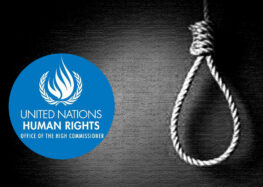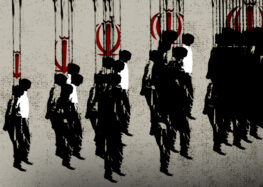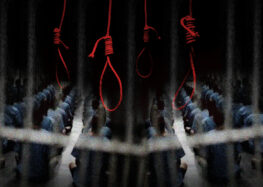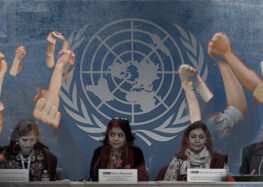UN Human Rights Chief: Executions in Iran Must Stop
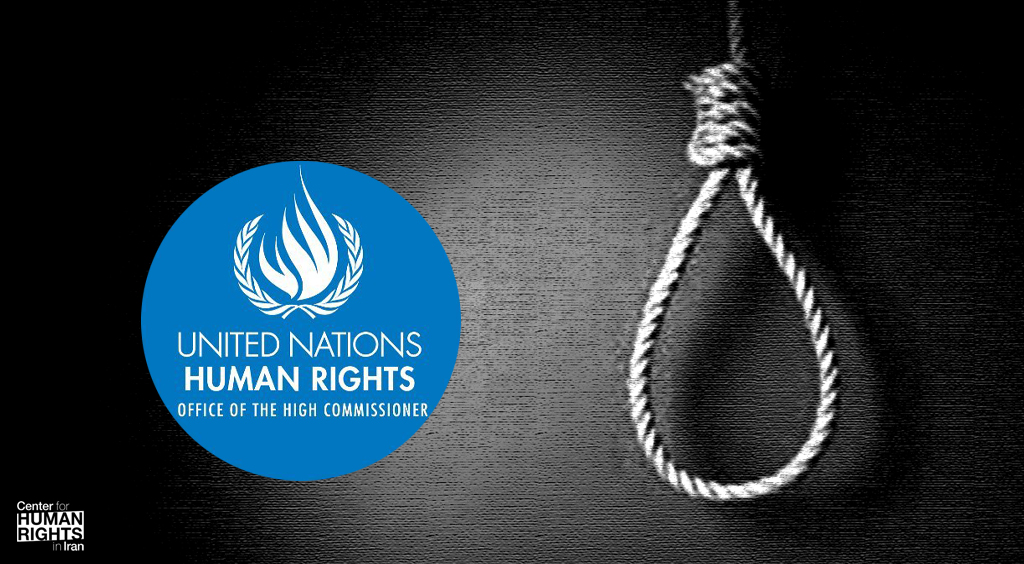 Ten People Being Put to Death Each Week, 209 Hangings Since January 1
Ten People Being Put to Death Each Week, 209 Hangings Since January 1
UN Human Rights Chief Volker Türk called on the authorities in Iran to “halt all executions” and “abolish the death penalty,” in a statement on May 9, 2023.
Türk said over 10 people are being put to death each week in Iran, making it “one the world’s highest executors.” Since January 1, 2023, he said, at least 209 people had been executed—but that the figure is “likely to be higher” due to the “lack of Government transparency.” Türk noted this number included a “disproportionately high number” of minorities.
Executions in Iran are routinely carried out after prosecutions and brief trials that lack any semblance of due process. The full press release by UN Human Rights Chief Volker Türk follows:
Iran: “Frightening” number of executions as Türk calls for end to death penalty
GENEVA (9 May 2023) – UN Human Rights Chief Volker Türk today expressed dismay at the frighteningly high number of executions this year in Iran, and called on authorities to follow the lead of most other States and to abolish the death penalty or halt all executions.
“On average so far this year, over 10 people are put to death each week in Iran, making it one the world’s highest executors,” said Türk. Since 1 January, sources say at least 209 people have been executed — mostly for drug-related offences and a disproportionately high number representing minorities. The exact number of executions is unknown due to lack of Government transparency, and the figure is likely to be higher.
“At this rate, Iran is worryingly on the same track as last year when around 580 people were reportedly executed,” said Türk. “This is an abominable record, particularly when you consider the growing consensus for universal abolition of the death penalty.”
Only a small number of States still impose and apply the death penalty.
On Saturday, Iran executed Habib Chaab, a Swedish-Iranian from the Ahwazi Arab minority, for “corruption on earth”, a capital offence under Iran’s strict interpretation of Islamic law. Reports on Monday said Yousef Mehrdad and Sadrollah Fazeli Zare were executed for crimes including blasphemy.
Sources say at least 45 people, including 22 from the Baluch minority, were executed in the last 14 days alone. Most were executed for drug-related charges.
“Imposing the death penalty for drug offences is incompatible with international human rights norms and standards,” said Türk.
The Human Rights Committee, the body responsible for the authoritative interpretation of the International Covenant on Civil and Political Rights, is clear on prohibiting imposition of the death penalty for any but the “most serious crimes” – crimes of extreme gravity, involving intentional killing. Drug offences do not meet this threshold.
The High Commissioner urged the Iranian authorities to establish a moratorium on executions with a view to abolishing the death penalty.

